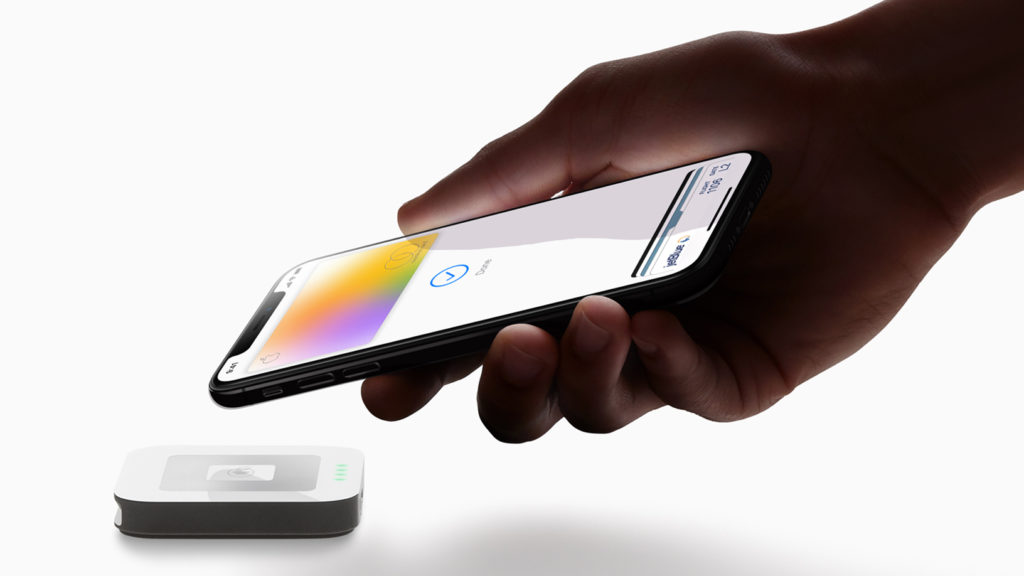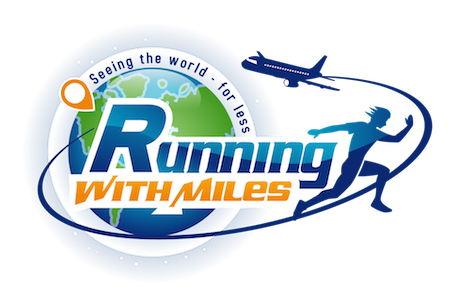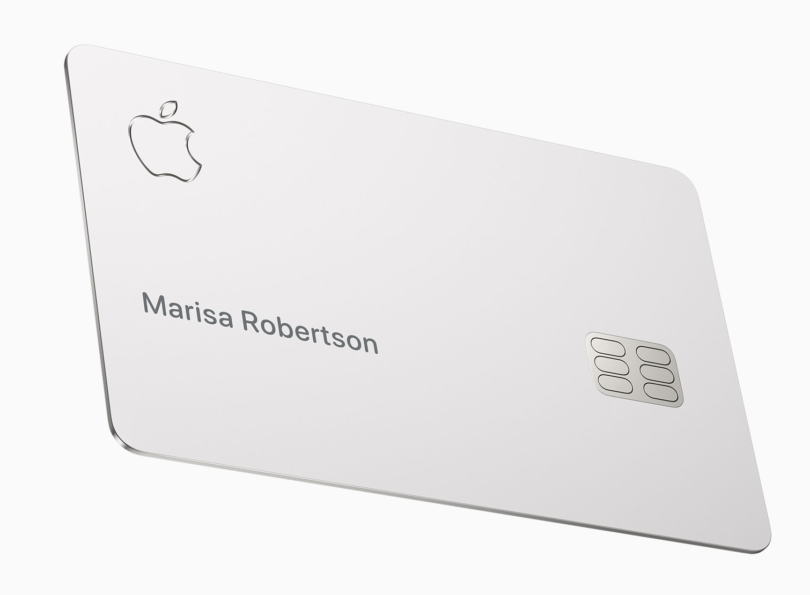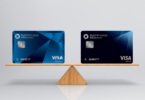The hottest (and also cold in some ways) credit card to hit the masses in years is about to drop for the complete US public (or, at least the public that has iPhones). While this card is definitely not even in the same ballpark as the awesome Chase Sapphire Reserve that had its debut 3 years ago this month, the Apple Card is certainly going to be a hit with many (even though that “many” will likely not include readers here!).
Report Says Apple Card Customer Acquisition Could Be $350 Per Card

Many people think that the banks make out when they offer a particular credit card offer because they get a new customer who will be spending on that card. The truth is that it actually takes banks a few years to recoup the acquisition cost of that customer – which is why banks have come down so hard on things like churning (getting a card again and again for the bonus).
With a card like the previously mentioned Chase Sapphire Reserve, the acquisition cost was huge with the initial offer. Yes, the annual fee was/is $450 and Chase was making a small percentage on interchange fees for the $4,000 in spending for the bonus, but they were also paying out in the following ways:
- 100,000 Ultimate Reward points
- $300 travel credit annually
- $100 Global Entry credit
- Priority Pass lounge membership
- Affiliate payouts
I believe a conservative guess would be that Chase’s expenses just listed above put it at almost $2,000 in just that part of acquiring the customer! Plus, that was without any money spent on marketing! It was for this reason that it was said Chase needed 7 years per customer to start making money on that card (we are not even halfway there!).
The Apple Card Acquisition Cost
This article says that analysts came up with the $350 number for customer acquisition and said it would take 4 years to turn a customer profitable for Goldman Sachs. Apparently, this could have been the reason that Citi had allegedly passed on the Apple Card, due to high costs and potential risk.
While there is a materials cost and basically a whole division of employees that would likely need to work with Apple Card, it still seems like a rather high customer acquisition cost for the following reasons:
- No sign-up bonus
- No marketing needed
- No affiliate payouts
- No benefits that payout
However, they will be losing out on some fees that other cards create (like annual fees, late fees, foreign transaction fees, etc). Another potential reason is that Apple may have negotiated a much lower interchange fee rate for this card like it was said they did with Apple Card overall.
The upside for Goldman Sachs is that the Apple Card will be a pretty secure card. Payment will be handled completely from the iPhone (which can cause a big headache if the phone is lost), the account stays linked to the Apple ID, the actual credit card does not have any numbers for people to steal, Apple Pay by itself is already really secure, etc. So, their losses on theft should be lower than with a typical product.
Possibly, some of that cost could also be attributed to the fact that early reports are that Apple Card has been available to sub-prime customers as well so that may be part of the risk that Goldman Sachs is facing.
Summary
With a customer acquisition cost at that amount and the fact that Apple fans will likely sign-up for the card no matter what, it is easy to see why Apple did not want to offer any sign-up bonus or even annual spending thresholds (like spending $10,000 in a year earns a $100 Apple store credit, etc). These are all things that Apple could introduce later but they obviously do not need it with the initial offering.








Doesn’t it depend how much you spend on the cards? For the CSR, I ONLY used it for restaurants/travel but put about $80k a year on it. Paying out 3x pts per $ on that spend, I think they may be losing money. Likewise, now I use Citi Prestige only for restaurants. at 5x pts, they can’t be making anything from me
[…] Sachs may lose money on the Apple Card in the next recession, Nomura says by CNBC via Running With Miles. That acquisition cost seems insane considering there is no sign up bonus and they aren’t […]
The math doesn’t add up.
Even if Apple has negotiated lower interchange rate, that just means GS’ revenue projections would be lower, not higher costs.
The card does not cost that much to produce. So are they amortizing their IT outlay to support this ?